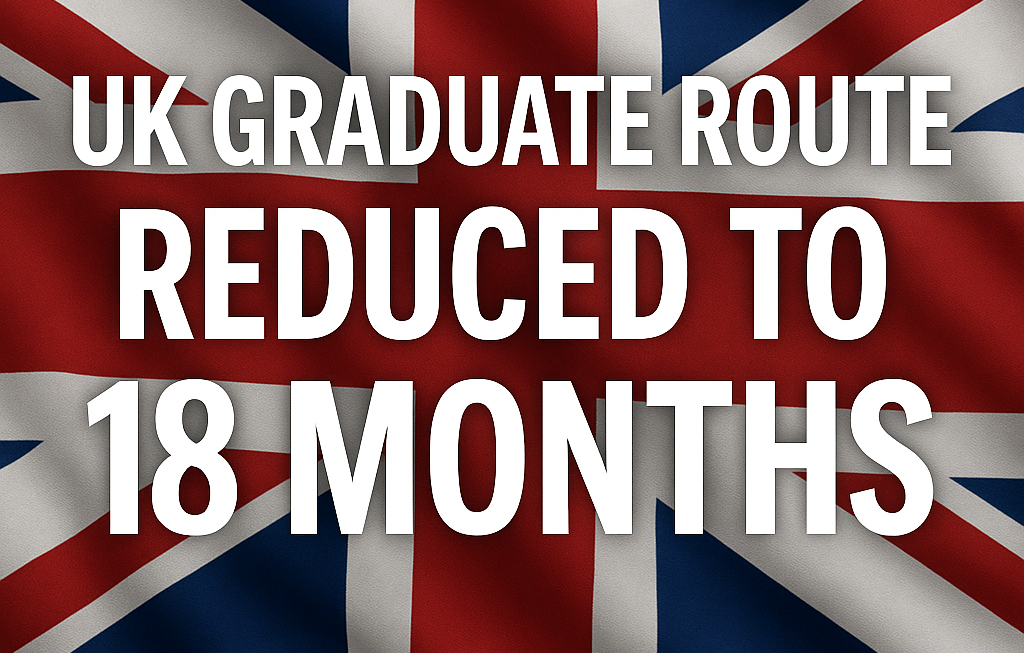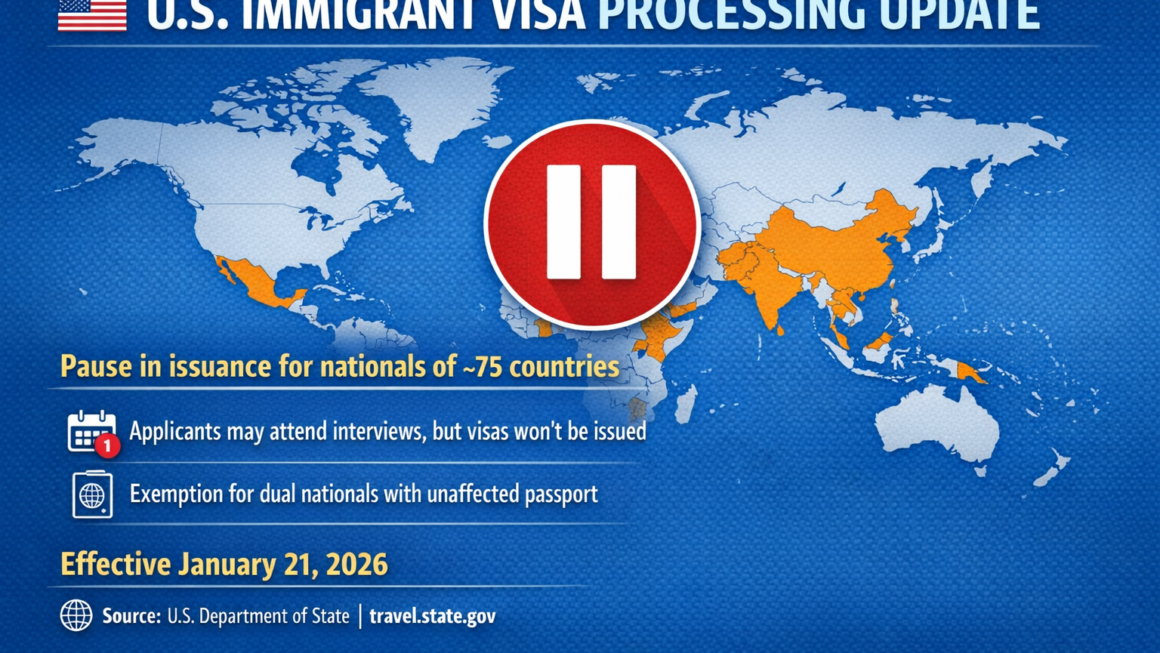In a significant policy shift that could reshape the UK’s appeal as a study destination, the UK government has announced its plan to reduce the popular Graduate Route visa from two years to just 18 months. The change, detailed in the country’s latest immigration white paper, has sent waves of concern throughout the higher education sector, international student communities, and employers alike.
The Graduate Route, introduced in 2021, was widely celebrated as a game-changer for the UK’s post-Brexit international education landscape. It allowed international graduates from UK institutions to remain in the country for two years (or three years for doctoral graduates) after their studies, enabling them to work or look for work at any skill level. It provided much-needed flexibility for graduates to gain UK work experience, transition into long-term employment, and contribute to the UK economy.
However, citing concerns over rising net migration figures, the government is now seeking to reduce the post-study work period to 18 months. According to Home Secretary James Cleverly, the Graduate Route is being reformed as part of a “sensible” recalibration of the UK’s immigration system to ensure it “works for the British people.”
This controversial decision is set against the backdrop of record-high migration numbers, which the government says are straining public services and local communities. Officials claim that tightening the post-study work period will help reduce overall numbers while ensuring that only the “brightest and best” stay on in the UK.
What Does This Mean for International Students?
The reduction in the Graduate Route visa duration will have multiple implications for current and prospective international students:
1. Less Time to Secure Employment
One of the biggest challenges international graduates face is securing a job in a competitive market. Reducing the Graduate Route from 24 to 18 months cuts down the critical period during which graduates can search for employment, settle into new roles, and potentially secure long-term work visas.
2. Increased Pressure to Transition to Skilled Work Visas
The shorter period will likely place increased pressure on graduates to move quickly toward employer-sponsored Skilled Worker visas or other routes if they wish to remain in the UK beyond the 18 months. This may disadvantage students from certain disciplines, such as the creative industries or social sciences, where job pathways can take longer to establish.
3. Potential Decline in Attractiveness of the UK as a Study Destination
The UK has long competed with countries like Canada, Australia, and the United States to attract international talent. Both Canada and Australia offer longer and more flexible post-study work options, giving students a greater return on their educational investment. The UK’s decision may cause prospective students to reconsider their options and choose countries offering more generous pathways to work and residency.
4. Ripple Effects on Universities and the Economy
International students contribute over £42 billion annually to the UK economy, not only through tuition fees but also through local spending, job creation, and cultural exchange. Universities UK International (UUKi) and other sector bodies have voiced alarm, warning that the reduction could severely impact university finances, regional economies, and the UK’s global reputation as a hub for world-class education.
According to Vivienne Stern, CEO of UUKi, the move “sends the wrong signal at the wrong time,” especially when the sector is already dealing with uncertainties over funding, geopolitical shifts, and increasing global competition.
What Alternatives Exist for Students?
While the reduction of the Graduate Route presents new challenges, students can still explore several alternatives to stay and work in the UK:
- Skilled Worker Visa: If graduates find an eligible job with a sponsoring employer, they can switch to this route, which allows longer stays and can lead to settlement.
- Start-up and Innovator Routes: For those with entrepreneurial ambitions, these visas offer opportunities to establish a business in the UK.
- Global Talent Visa: Exceptional graduates in specific fields, including science, engineering, and the arts, may be eligible for this more flexible route.
- Graduate Entrepreneur and Scale-Up Visas (Emerging routes): These may offer new avenues in the future as the government explores different visa categories aimed at attracting talent in key industries.
What Should Students and Universities Do Now?
For Students:
- Plan Early: Engage with your university’s career services and seek internships and job opportunities as early as possible during your studies.
- Understand Visa Timelines: Keep up-to-date with UK Home Office regulations to ensure you make timely visa applications.
- Explore Different Pathways: Research alternative visa options and seek legal advice if needed to understand all available routes to stay in the UK.
For Universities:
- Advocate for Students: Universities can play a key role in lobbying the government to protect international student interests.
- Enhance Career Services: Proactively supporting international students to connect with employers, secure internships, and navigate the UK job market will be critical.
- Communicate Clearly: Provide accurate, up-to-date information about post-study options and changes to immigration rules.
The Road Ahead
The new Graduate Route duration is expected to come into effect by early 2026, following a consultation period. The government insists the changes are necessary to restore control over immigration, but critics argue it could damage the UK’s reputation and hurt its ambition to be a global science and innovation superpower.
While the changes are not yet in immediate effect, the message is clear: international students need to stay informed, plan early, and be strategic about their career pathways in the UK.
Read More UK Graduate Route reduced to 18 months under immigration white paper




